Campus Rape vs. Universities
Law enforcement opens investigation as devastating allegations surface.

Two colleges are on the defensive after allegations surfaced regarding their handling of sexual assault cases at their respective institutions.
The first is the University of Missouri whose response to an alleged rape of a student athlete in 2010 prompted a police investigation after an extensive report by ESPN's Outside the Lines on Sunday. "The University of Missouri did not investigate or tell law enforcement officials about an alleged rape, possibly by one or more members of its football team, despite administrators finding out about the alleged 2010 incident more than a year ago," says the ESPN story. The alleged victim, Sasha Menu Courey, a member of the university's swim team, committed suicide in 2011—about 16 months after the alleged assault.
The ESPN report alleges Menu Courey told a rape crisis counselor and campus therapist about the rape, and in the ensuing months a nurse, two doctors and an athletic department administrator were made aware of her claims. (She did not report the assault directly to college authorities.) As ESPN notes, healthcare providers, bound by privacy laws, are generally exempt from requirements to report such crimes, but the same protection is not extended to campus administrators.
Chad Moller, a spokesman for Missouri's athletic department, told ESPN no one on the coaching staff or in the administration knew about the alleged assault until after Menu Courey had taken her life. But even if what Moller says is true, university officials are required to investigate sexual assaults under the Title IX law even if the student is no longer alive, and ESPN has proof university officials were made aware of the assault on in Feb. 2012, if not before. But Missouri officials declined to complete an investigation, telling "Outside the Lines" the information is insufficient for them to bring to law enforcement or to investigate under Title IX.
In the other case, a student at Hanover College in Indiana—known only by her first name, Samantha—has alleged administrators at the small Presbyterian-affiliated school retaliated against her for reporting she was raped and harassed by a former boyfriend. Samantha's alleged rapist was found not guilty at a campus judicial hearing in 2011. After the hearing, Samantha claims the alleged attacker and his girlfriend proceeded to harass her for two years. The university found the couple not responsible for the harassment and allowed the duo to file a harassment claim against Samantha.
According to the Huffington Post, the Department of Education's Office of Civil Rights is now investigating whether allowing a harassment claim from the accused rapist against Samantha constitutes retaliation against a sexual assault victim. "They think everything they've done is fine and they don't need to change anything," Samantha told the Huffington Post. "It's a reality now—they can ignore me all they want, but they can't ignore the Department of Education."
In both of these cases, administrators have admitted to no wrongdoing. Whether they did anything wrong or not is yet to be proven, but regardless, these cases highlight the need for some serious thinking on how universities respond to rape on campus. Last week, President Obama announced a special task force to do just that. It's members will have 90 days to come up with a list of recommendations for colleges to prevent and respond to sexual assault, increase public awareness of each school's track record and enhance coordination between federal agencies to hold institutions accountable if they don't confront the problem. Which, as Marie Claire reported in a November investigation titled "Big Shame on Campus", is sorely needed as college women nationwide report having their rape cases horribly mishandled by the very people who are supposed to be first in line to help.
Stay In The Know
Get exclusive access to fashion and beauty trends, hot-off-the-press celebrity news, and more.
Read "Big Shame on Campus" here.
More from Marie Claire:
How Does The Texas Abortion Debate Affect Women In Texas? We Asked an Expert
Time Magazine's Yawwwn-Worthy Yet Questionable Magazine Cover
Kayla Webley Adler is the Deputy Editor of ELLE magazine. She edits cover stories, profiles, and narrative features on politics, culture, crime, and social trends. Previously, she worked as the Features Director at Marie Claire magazine and as a Staff Writer at TIME magazine.
-
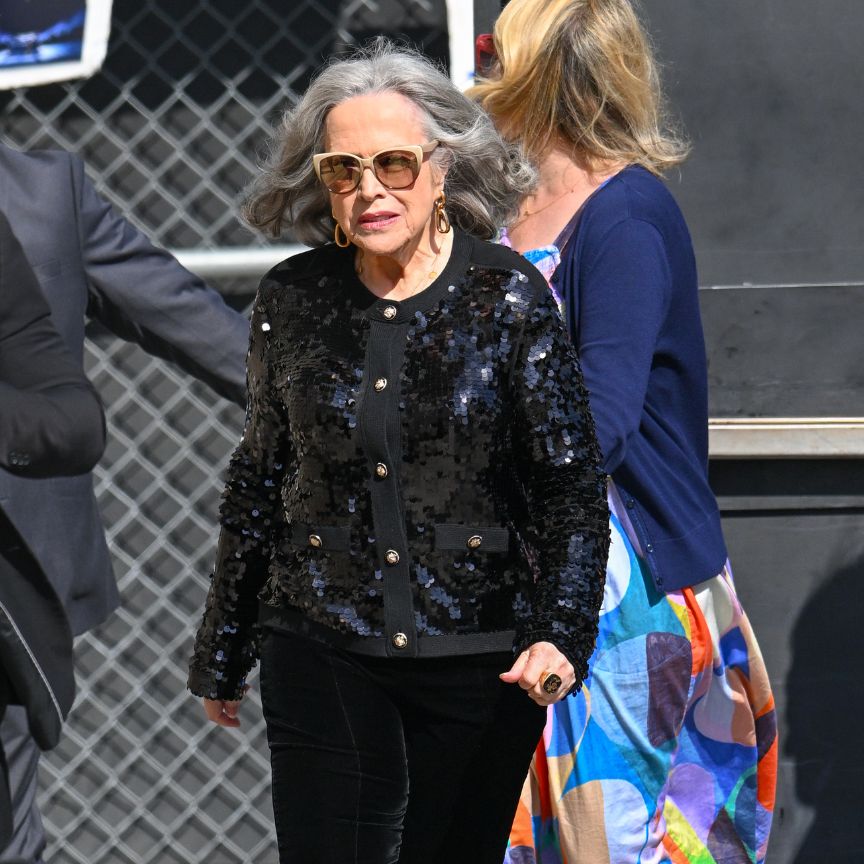 Allow Kathy Bates to Convince You to Grow Out Your Grays
Allow Kathy Bates to Convince You to Grow Out Your GraysOne look at her new style and you'll be canceling your root touch-up pronto.
By Ariel Baker
-
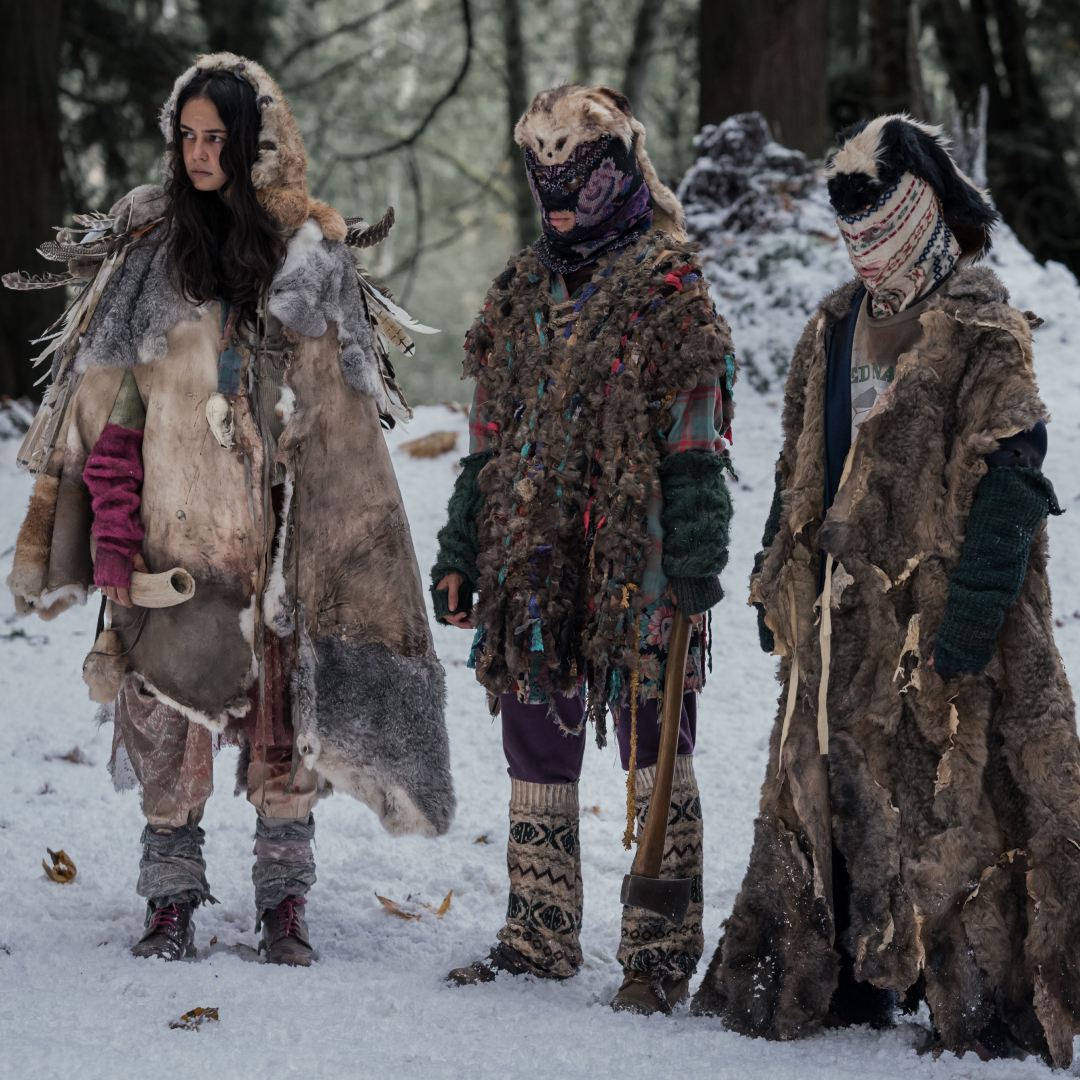 After the 'Yellowjackets' Finale Answered Many of Our Burning Questions, Will It Return for Season 4?
After the 'Yellowjackets' Finale Answered Many of Our Burning Questions, Will It Return for Season 4?The showrunners still have plans to show how the girls get out of the wilderness.
By Quinci LeGardye
-
 Every Fashion and Beauty Find You Need For 75-Degree Days
Every Fashion and Beauty Find You Need For 75-Degree DaysConsider this your warm-weather checklist.
By Kaitlin Clapinski
-
 36 Ways Women Still Aren't Equal to Men
36 Ways Women Still Aren't Equal to MenFeatures It's just one of the many ways women still aren't equal to men.
By Brooke Knappenberger
-
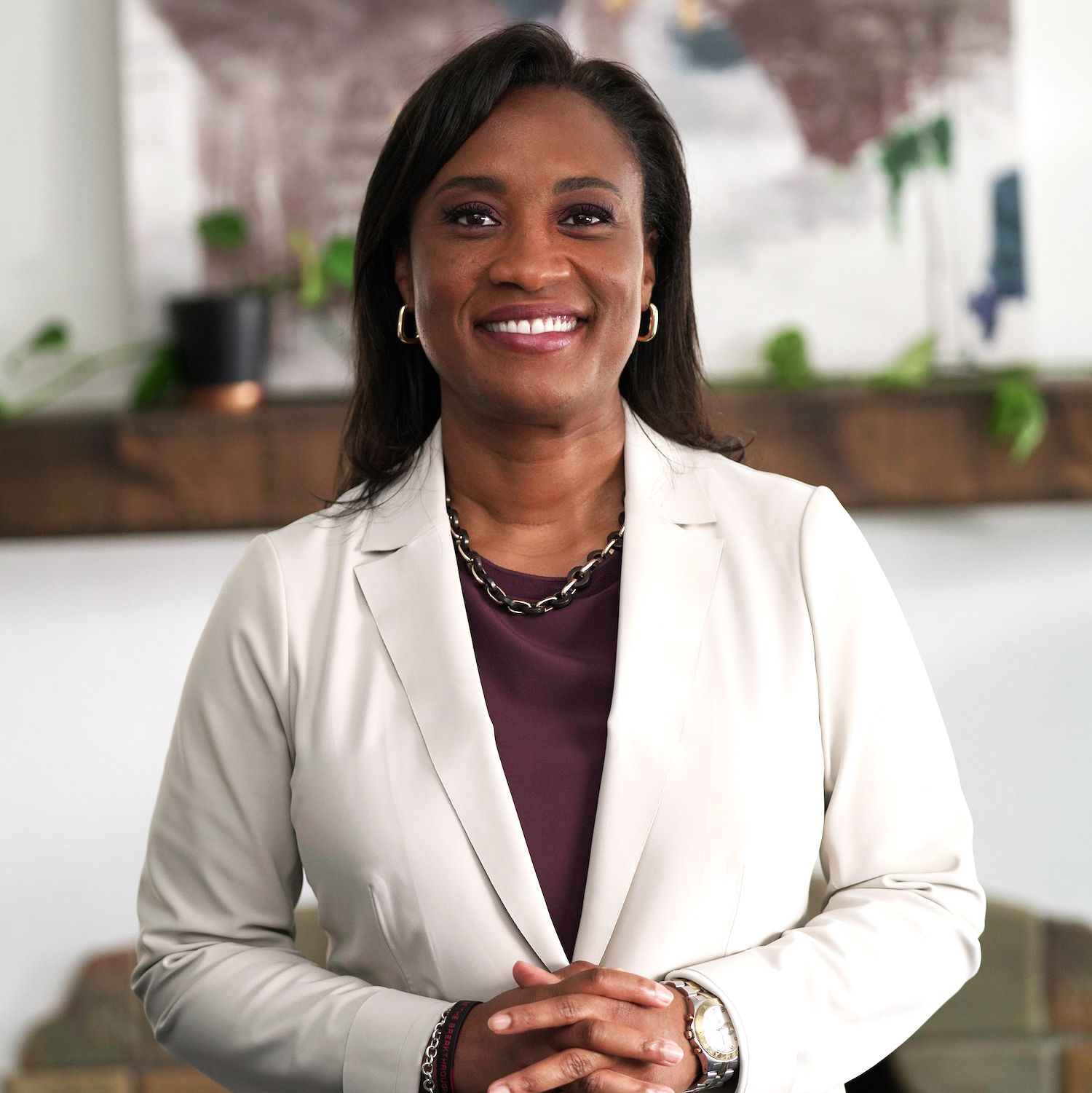 EMILY's List President Laphonza Butler Has Big Plans for the Organization
EMILY's List President Laphonza Butler Has Big Plans for the OrganizationUnder Butler's leadership, the largest resource for women in politics aims to expand Black political power and become more accessible for candidates across the nation.
By Rachel Epstein
-
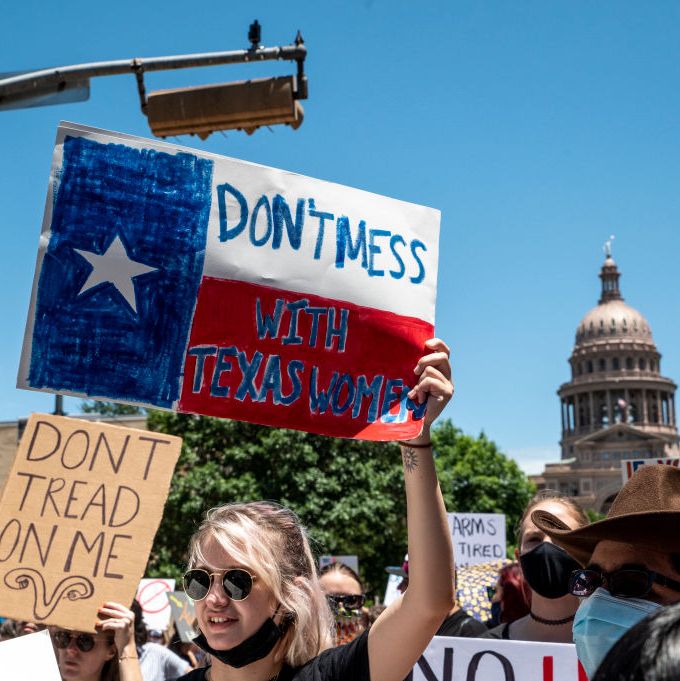 Want to Fight for Abortion Rights in Texas? Raise Your Voice to State Legislators
Want to Fight for Abortion Rights in Texas? Raise Your Voice to State LegislatorsEmily Cain, executive director of EMILY's List and and former Minority Leader in Maine, says that to stop the assault on reproductive rights, we need to start demanding more from our state legislatures.
By Emily Cain
-
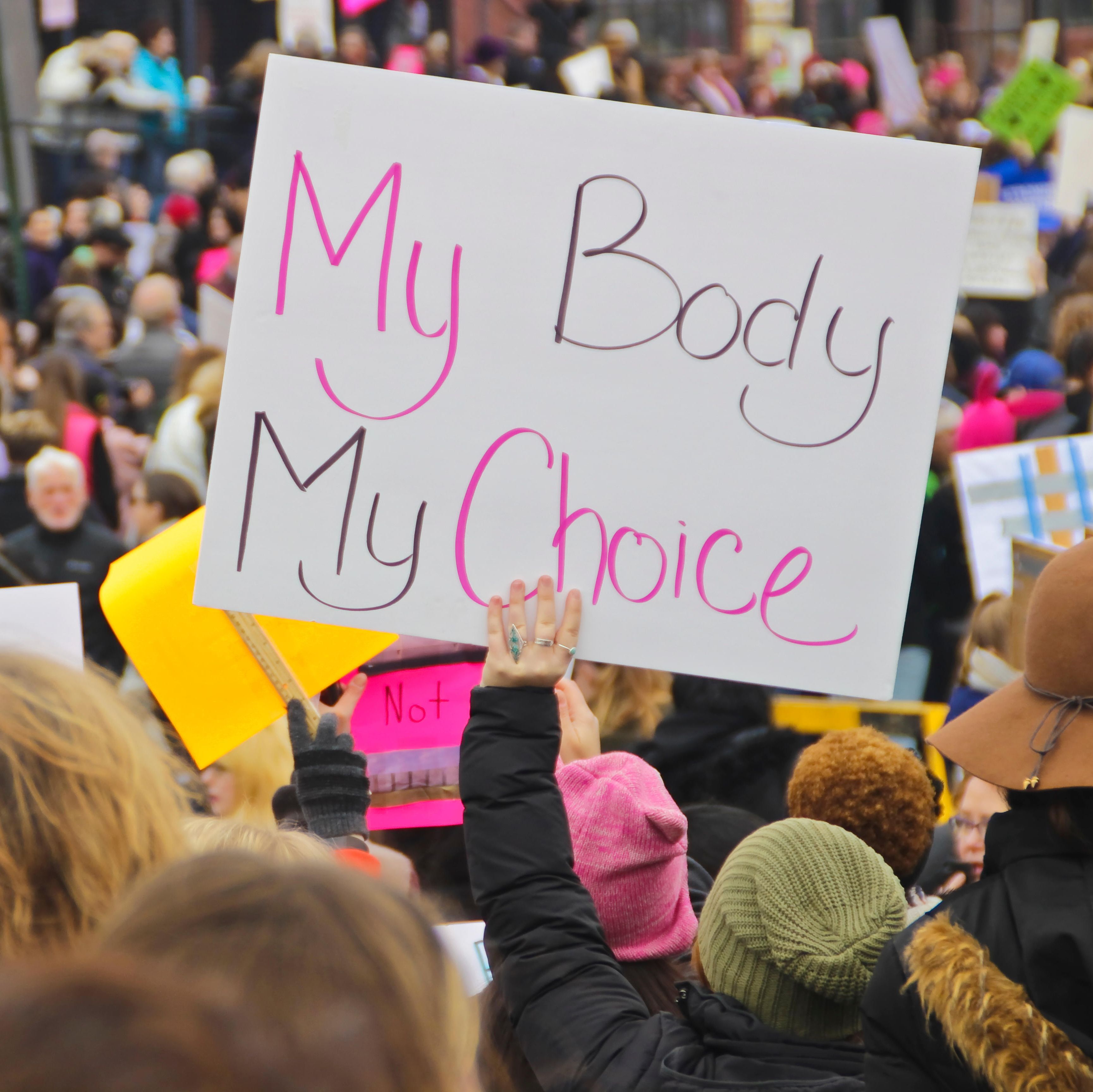 Your Abortion Questions, Answered
Your Abortion Questions, AnsweredHere, MC debunks common abortion myths you may be increasingly hearing since Texas' near-total abortion ban went into effect.
By Rachel Epstein
-
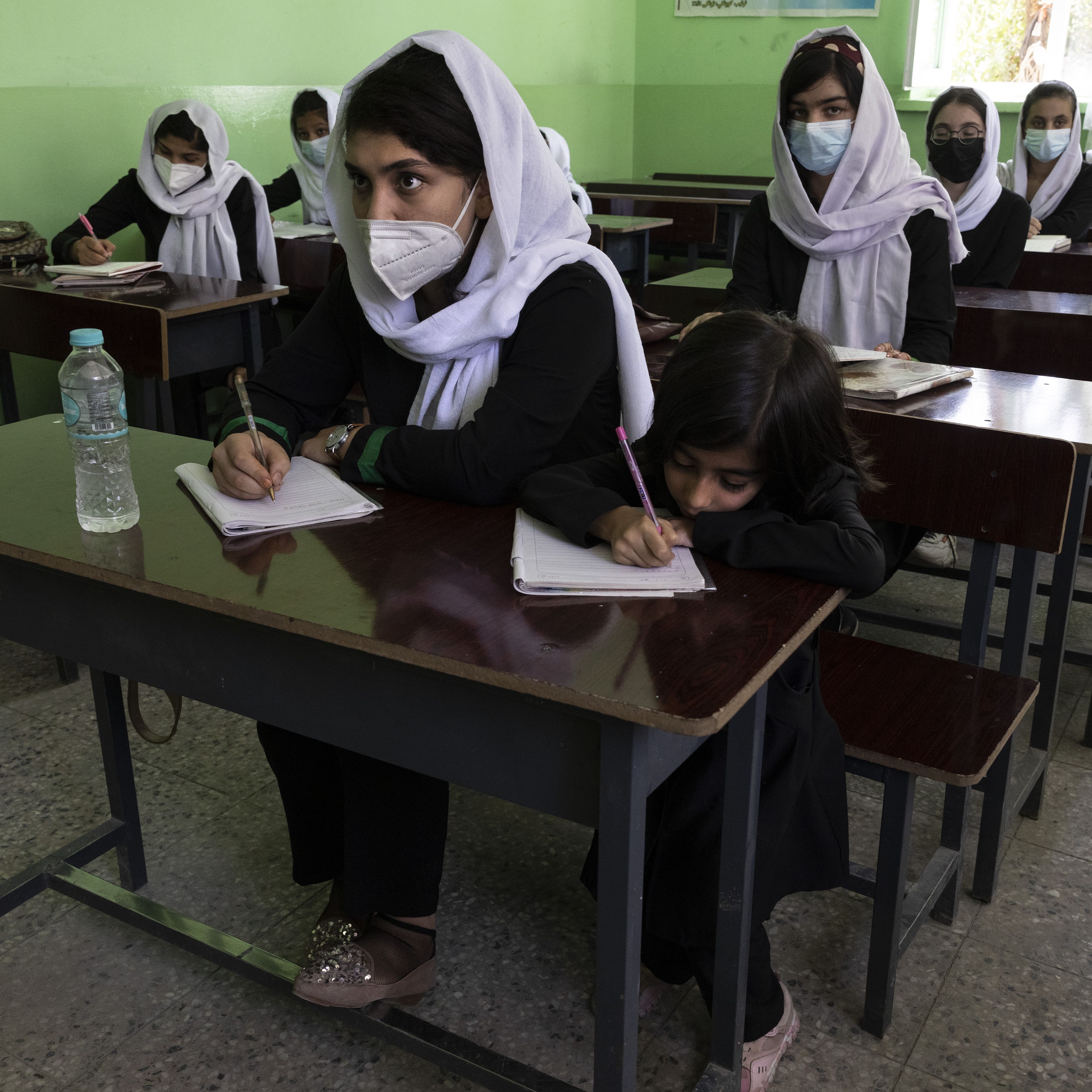 The Future of Afghan Women and Girls Depends on What We Do Next
The Future of Afghan Women and Girls Depends on What We Do NextBetween the U.S. occupation and the Taliban, supporting resettlement for Afghan women and vulnerable individuals is long overdue.
By Rona Akbari
-
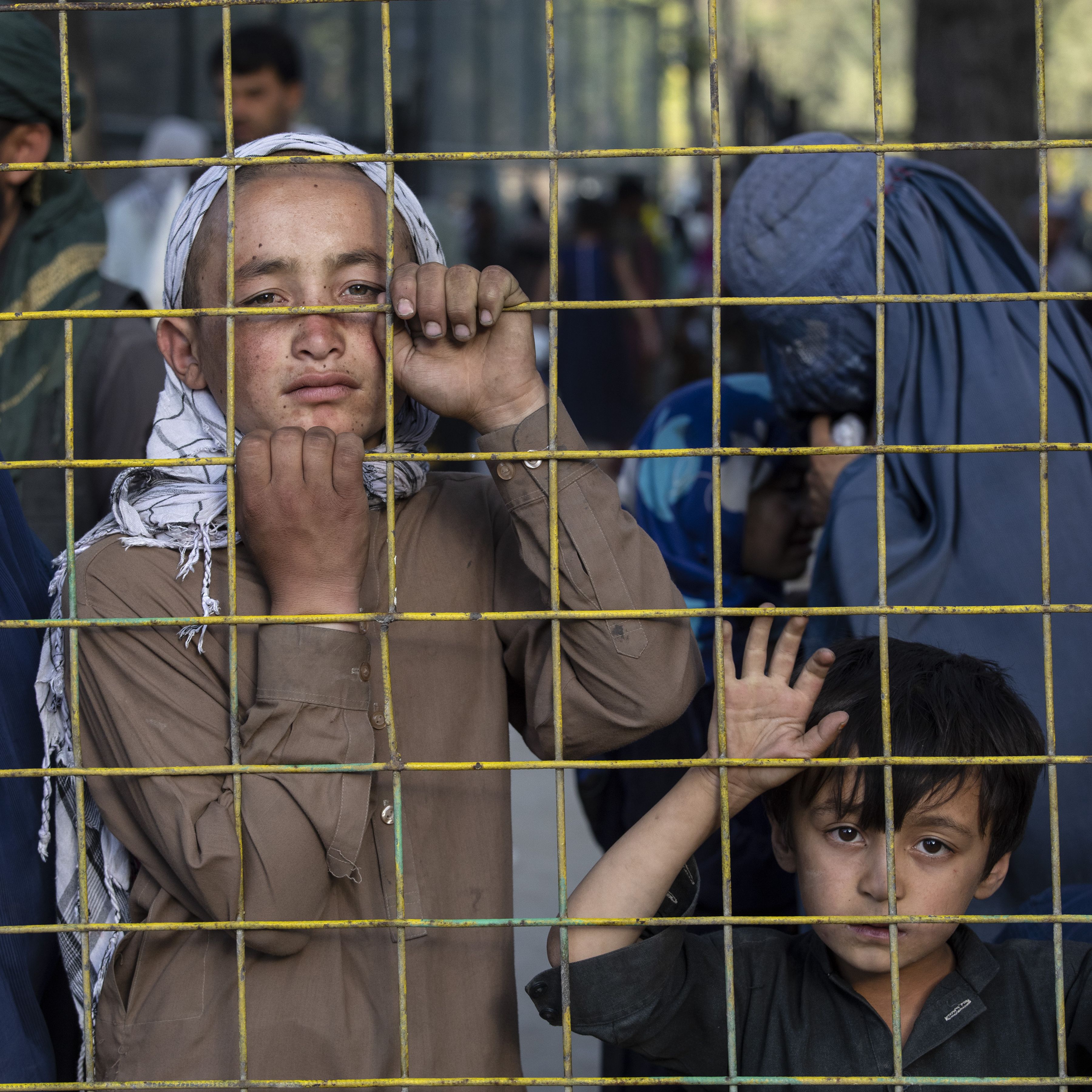 How to Help Afghanistan Refugees and Those Who Need Aid
How to Help Afghanistan Refugees and Those Who Need AidHow To With the situation rapidly evolving, organizations are desperate for help.
By Katherine J. Igoe
-
 It’s Time to Give Domestic Workers the Protections They Deserve
It’s Time to Give Domestic Workers the Protections They DeserveThe National Domestic Workers Bill of Rights, reintroduced today, would establish a new set of standards for the people who work in our homes and take a vital step towards racial and gender equity.
By Ai-jen Poo
-
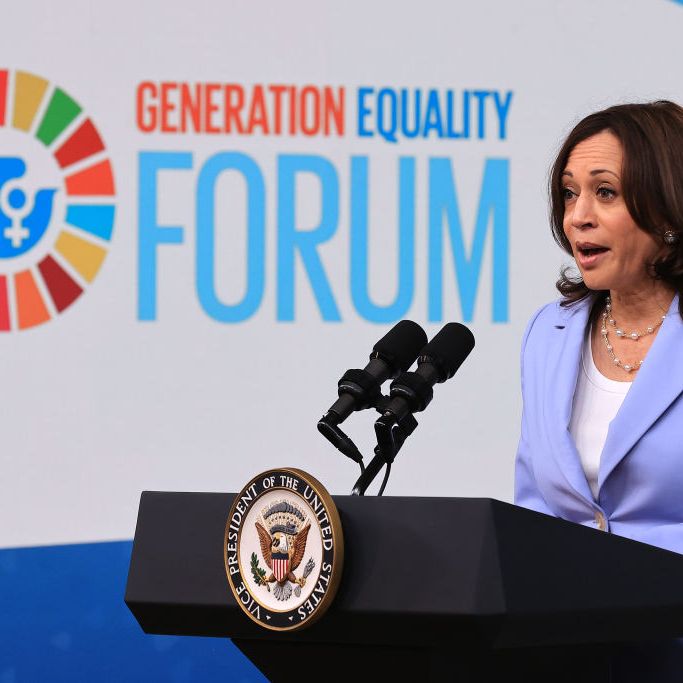 The Biden Administration Announced It Will Remove the Hyde Amendment
The Biden Administration Announced It Will Remove the Hyde AmendmentThe pledge was just one of many gender equity commitments made by the administration, including the creation of the first U.S. National Action Plan on Gender-Based Violence.
By Megan DiTrolio